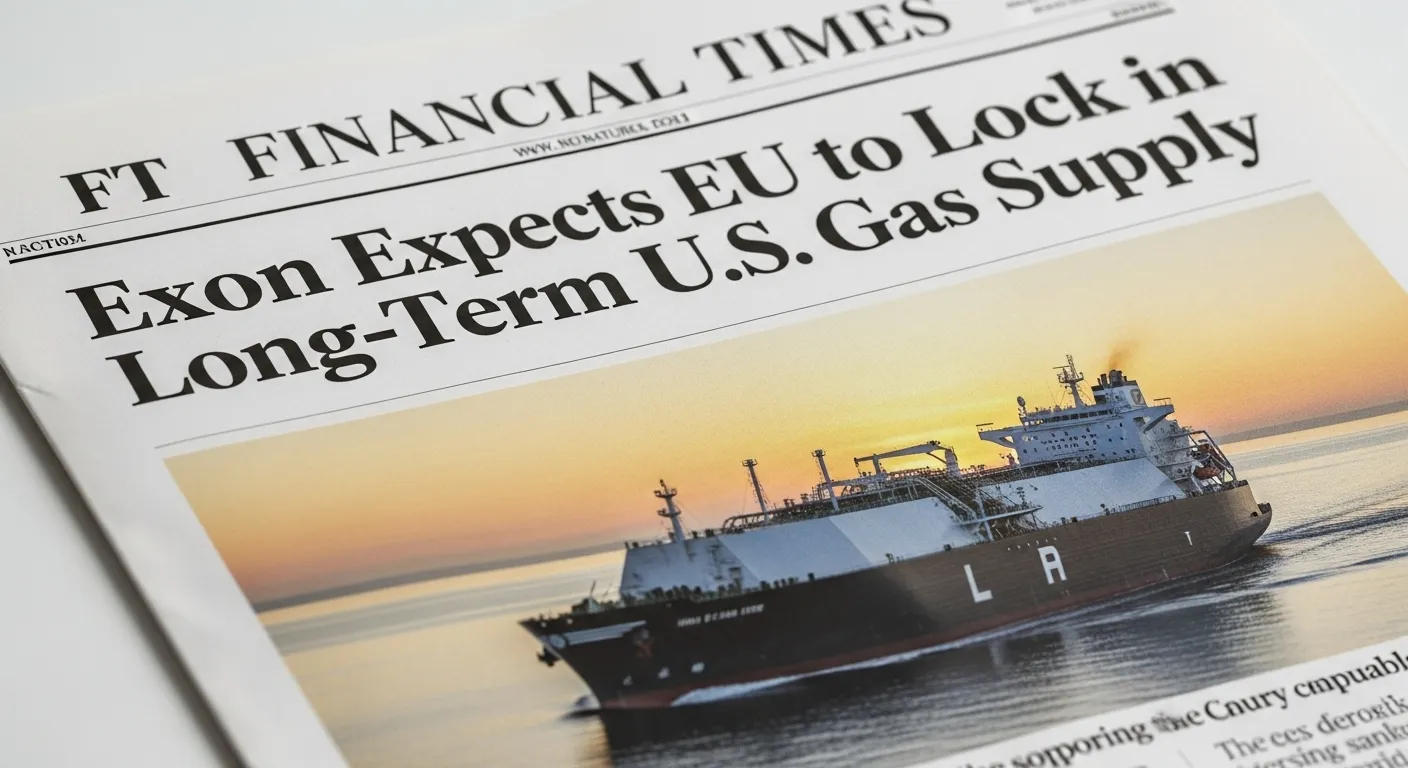Related Articles
Ask anything about stocks
Evergrande’s Delisting from Hong Kong Stock Exchange: Implications for Global Markets
The recent delisting of China Evergrande Group from the Hong Kong Stock Exchange marks a pivotal moment in the ongoing property sector crisis. As the world’s most indebted property developer, Evergrande’s delisting follows an 18-month trading suspension and a court-ordered liquidation on August 25, 2025. This development not only puts a spotlight on China’s real estate troubles but also sends ripples through the global markets. Here, we explore the potential impacts and broader implications.
A Tumultuous Legacy in the Property Sector
The delisting of Evergrande highlights the volatility and risk within China’s property sector. Evergrande’s precarious financial position was evident long before its trading suspension, with a staggering decrease in its EGRNF stock, dropping nearly 99.99% over several years. The stock’s last recorded price was $16.05, a significant fall from its year high of $0.0102. This decline underscores the company’s financial struggles, exacerbated by negative earnings per share of -0.83 and a lack of viable price targets or positive analyst ratings.
Evergrande’s challenges reflect broader structural issues within the Chinese property market. High leverage ratios and unsustainable growth tactics have plagued developers, creating a fragile environment. Lack of adequate regulatory oversight further aggravated these issues. As Evergrande grapples with liabilities significantly higher than its assets (debt-to-equity ratio at a substantial -1.23), the potential for similar scenarios with other developers becomes more apparent.
This episode illustrates a crucial lesson for investors regarding the risks of investing in highly leveraged companies. It serves as a stern reminder to value financial health and regulatory compliance over aggressive expansion.
Global Market Impact and Investor Sentiment
Evergrande’s downfall is not just a regional concern; it holds implications for global markets. The company’s immense size and integration into the global supply chain mean its troubles could affect international trade and investments. With a death spiral of debt amounting to over $609 billion in enterprise value, the shockwaves from this collapse have significantly reduced investor confidence in the entire sector.
Global markets rely on stability, and perturbations such as these trigger cautious behavior among international investors. The recent 16049900% change in Evergrande’s stock price evidences the volatility associated with speculative investments. It pushes investors to reassess their portfolios, possibly leading to capital outflows from emerging markets perceived as unstable.
Furthermore, the property sector crisis in China could alter perceptions of risk and influence interest rates globally. As investors shift towards safe-haven assets, market dynamics shift, emphasizing the interconnected nature of global finance.
Regulatory Lessons and Future Outlook
The downfall of Evergrande urges a reconsideration of regulatory frameworks both within China and globally. Evergrande’s situation, marked by operational inefficiencies and a negative return on equity of 0.24, highlights the need for stringent financial regulations. The opaque nature of Evergrande’s dealings has contributed to its downfall, emphasizing the necessity for transparency and accountability.
Regulators worldwide, particularly those in fast-growing economies, must take heed. Implementing robust systems to monitor financial health can prevent future crises. With Evergrande’s working capital reportedly at a dismal negative $687 billion, it’s evident that more disciplined fiscal governance could mitigate such dire financial outcomes for similar companies.
Investors and regulators alike should consider the long-term impacts of such events and strategize accordingly. Utilizing platforms like Meyka for real-time insights and data-driven decisions could be pivotal for safeguarding investments against unforeseen market shifts.
Navigating the Future: Opportunity Amidst Crisis
Despite the challenges, there may be opportunities arising from Evergrande’s collapse. International investors could find investment potential in other stable markets, leading to a reassessment of portfolios towards more sustainable enterprises. Evergrande’s predicament may ignite interest in companies with sound financial metrics and competitive advantages that are resilient in crisis.
The average volume of 92548 shares versus a 39,157 average volume points towards increased market activity, indicating potential interest in affected sectors. Companies with solid fundamentals might see renewed interest as investors seek refuge from volatile sectors.
Utilizing resources like Meyka, which offers predictive analytics and comprehensive market analysis, provides a pathway for investors to make informed decisions. This transformation phase is an opportunity to reinforce investment strategies and seek resilient stocks.
Final Thoughts
The Evergrande delisting is a crucial chapter in the evolving narrative of the global financial landscape. While it signals significant challenges within the Chinese property market, it also offers a crucial lesson in risk management and regulatory necessity. Global investors must remain vigilant, seeking data-driven insights to navigate the complex tides of international finance. With the right tools and strategies, such as those offered by Meyka, investors can better manage portfolios and capitalize on emerging opportunities amidst market uncertainties.
FAQs
What led to Evergrande’s delisting from the Hong Kong Stock Exchange?
Evergrande was delisted due to an 18-month trading suspension and a court-ordered liquidation, driven by its overwhelming debt and unsustainable business model.
How does Evergrande’s delisting affect global markets?
It impacts global markets by reducing investor confidence, causing potential capital outflows, and influencing global perceptions of market risk and interest rates.
What are the broader implications for China's property sector?
Evergrande's situation highlights significant structural and regulatory weaknesses within China's property market, signaling potential risks for other developers.
Disclaimer:
This is for information only, not financial advice. Always do your research.



